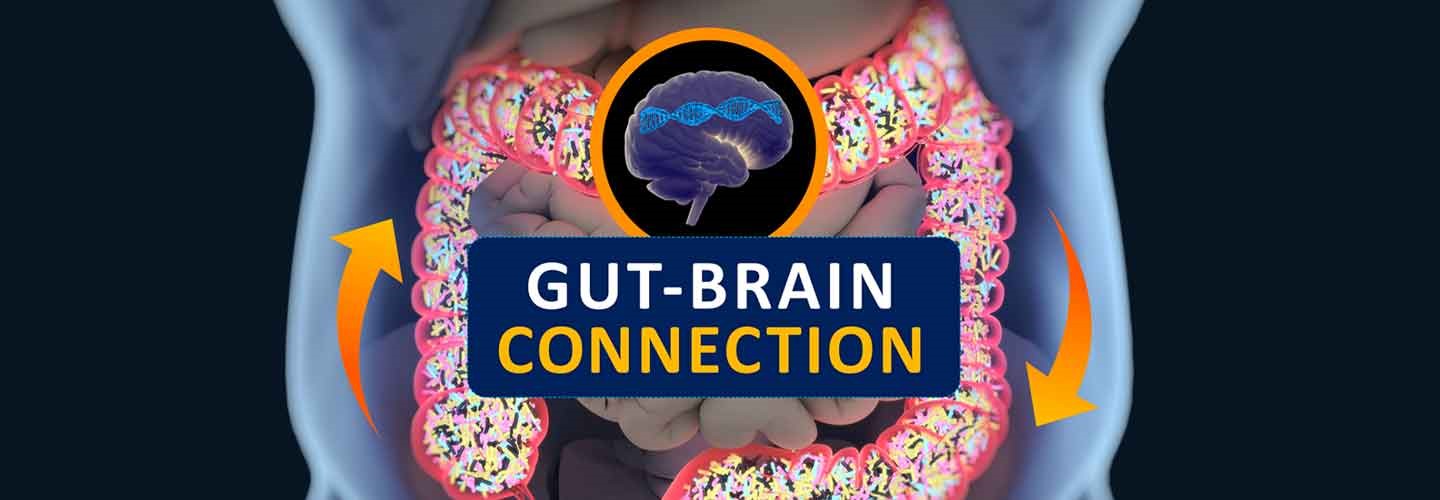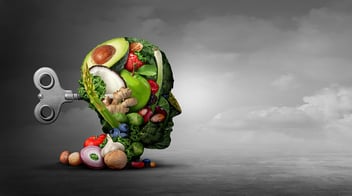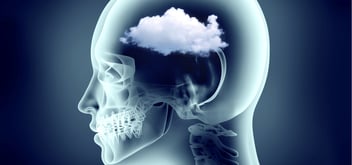Nutritional Psychiatry: Eat Your Way to Better Mental Health
- Home
- Blog

Reader, to say we are living through interesting times may be the century’s greatest understatement. From the continuing impacts of COVID-19 to the ever-greater presence of tech in our lives to the growing influence of social media, it can truly seem as though we are living in a time of significant upheaval in nearly every facet of our lives.
As challenging as these times may be, I remain confident that we will nonetheless prevail, and continue to evolve as a people. In the last century we endured two World Wars, the war in Vietnam, and watched on TV while many of our cities burned. Despite all of that, we made remarkable progress, and will do so again this time around.
Nevertheless, it’s somewhat ironic, isn’t it, that the whiplash of constant change often serves to spotlight the things in life that remain the same? In the face of great uncertainty, there is a comfort in knowing which aspects of our lives can be counted on to provide stability. And one of the great constants in life is the power of nature to heal us.
I’m not just talking about the solace that can be found in a walk in the woods (although I did mention that in a prior blog and took one today!) I’m also talking about humankind’s knack for using plants as medicine. Even today, most of our medicines can be traced to chemical compounds originally found in plants. We humans didn’t invent most medicinals… nature did!
While processed foods and fast food may continue to inundate our culture, you can still rely on some of the “nutrient constants of nature” to heal your body–and you can also use them to heal your mind. In this blog, we’ll talk a little bit about how this is possible, and how nutritional psychiatry can help.
Methylation and Nutritional Psychiatry
Have you ever eaten whole foods for a period of time and just felt better for it? Perhaps you tried the Whole 30 one January, or just got on a health food kick. That feeling is not just in your mind: regular consumption of whole foods triggers a whole host of beneficial processes throughout your body that are designed to heal you and support your physical and mental health. Methylation is one of these functions, and the role it plays is critical to your wellness.
Methylation drives the epigenetic process by which our genes get turned “on” or “off.” It is responsible for keeping our DNA healthy, for reducing the effects of aging, and for generating key neurotransmitters that stabilize our mental health–including dopamine, serotonin, glutathione, and norepinephrine. Healthy methylation is driven by a number of factors, including our MTHFR gene. It is also driven by consuming a healthy diet of whole foods from nature.
We now know that plants play a significant role in promoting methylation in humans by providing many of the amino acids needed to create a healthy methylation pattern. Nutritional psychiatry aims to optimize the connection between diet and bodily functions like methylation to help patients feel their best–and paying attention to these amino acids is an important starting point for doing so.
Nutritional Psychiatry and Your Diet
Nature offers us a number of plants that supply molecules critical to the process of methylation, as well as other processes that keep us feeling our best. Below are just a few examples connecting plant nutrition with our mental health, underscoring the importance of nutritional psychiatry:
- Choline promotes healthy brain growth and development, improved cognitive functioning, better memory functioning, and more. Choline can be found in spinach and broccoli, shiitake mushrooms, brussels sprouts, cauliflower, and lima beans.
- Serine, converted by the body into D-Serine, may have antidepressant properties, and a depletion of D-Serine levels in the brain can diminish learning and memory. Serine is found in soybeans, nuts, chickpeas, and lentils.
- Cysteine converts to N-Acetylcysteine (NAC), which has been shown to augment prescription medications to reduce symptoms of schizophrenia, and to reduce craving and relapse rates in substance abuse disorders, especially for the treatment of cocaine and cannabis use among young people. Plants that provide cysteine include legumes, broccoli, garlic, oats, onions, and more.
Nutritional Psychiatry and the Gut-Brain Axis
If you’re looking to feed your gut through nutritional psychiatry, eating some of these foods will set you, your microbiome, and your brain on the right track. To learn more, check out our blog series on the microbiome, and visit our Root Cause Psychiatry page to schedule a consultation with our nutritional psychiatrist today.
.png?width=144&height=144&name=Untitled%20design%20(34).png)



